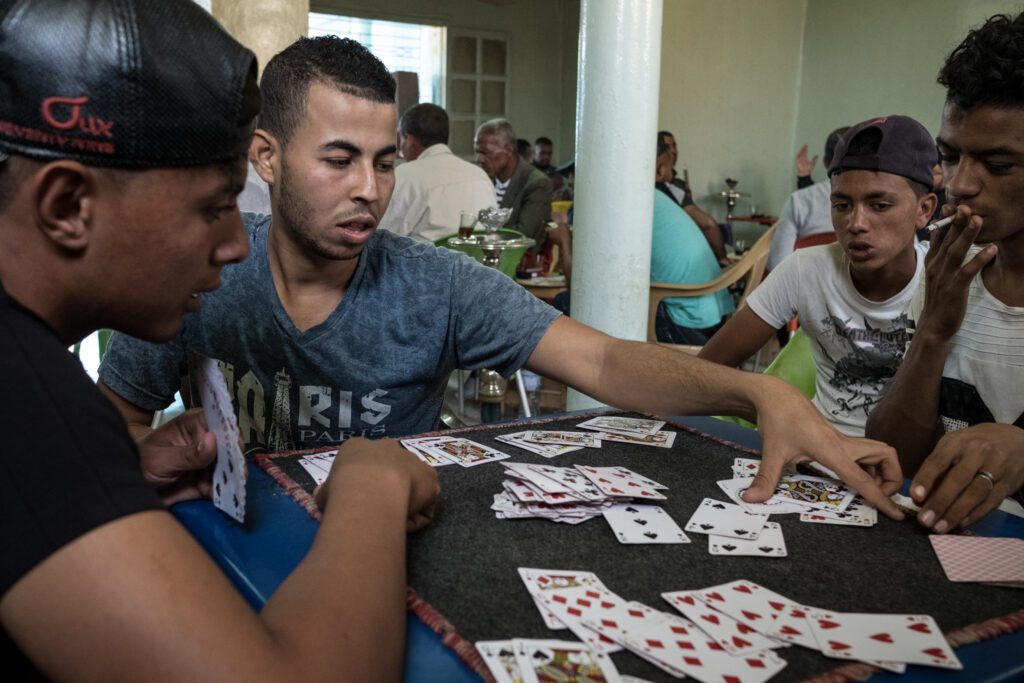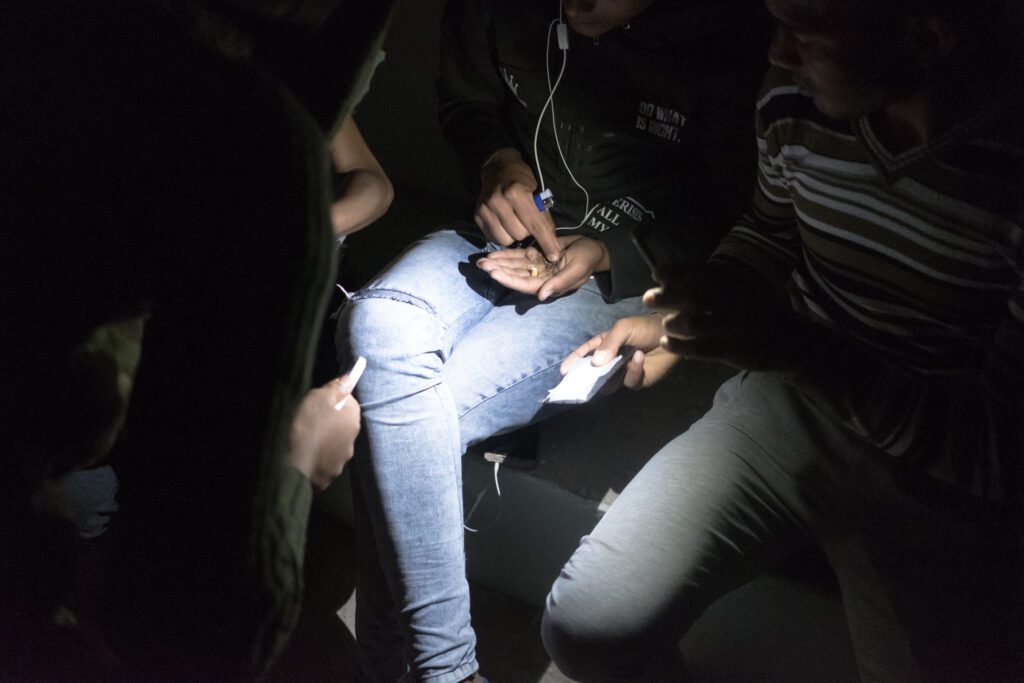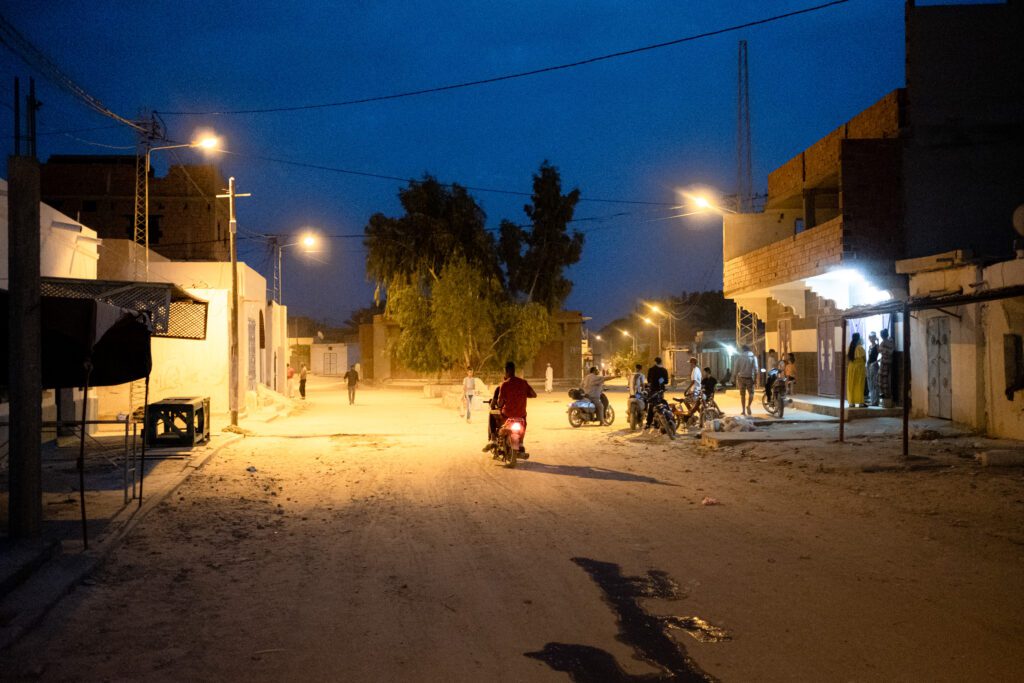All you have to do is “stay”.
“All you have to do is stay” is written on a wall in an abandoned street in southern Tunisia. Only the smell of burning plastic indicates the presence of people. Otherwise, it’s quiet, with only a gentle breeze and the ever-present sun almost continuously burning.
“All you have to do is stay” describes the challenging living conditions of young people in the Gafsa region, southwest of Tunisia, who are trapped between their socio-economic exclusion and their longing for a better future in Europe.
The area west of Gafsa, near the Algerian border, is considered one of the most neglected in the country. Although the fourth-largest phosphate production in the world is in the hands of the state-owned Gafsa Phosphate Company (CPG), which extracts phosphate rock from several mines across the region, its revenues flow into the already wealthier north of Tunisia. In 2008, workers, along with their families and unions, as well as unemployed youth, expressed their dissatisfaction through protests due to the difficult economic situation. These movements laid the groundwork for the Jasmine Revolution in 2011, which is commonly regarded as the starting point of the “Arab Spring.” Today, almost ten years later, the economic situation in the region has worsened, and CPG has since cut half of its workforce. While the unemployment rate in the region is currently nearly 50%, the country is struggling with increased inflation and rising prices. Small protests regularly erupt, leading to occupied mines and halted phosphate production. However, this behavior is usually met with further layoffs.
Stories are often told of friends who, despite increased border control agreements between the EU and Tunisia, have sought the “legal” or “illegal” way to Europe. Some of them faced major challenges in Europe and had to return, while others managed to build a new life there. In their childhood and youth, they spent every day together. Today, in a society where social cohesion and loyalty have a particularly high value in daily interaction, there is limited contact between those who still live in the region and their loved ones in Europe.





















































